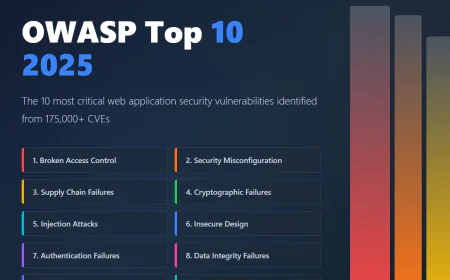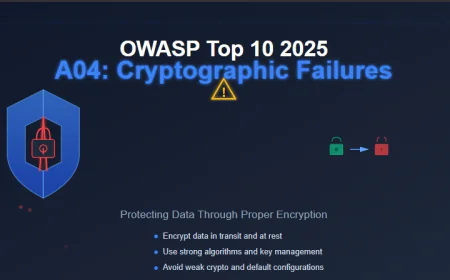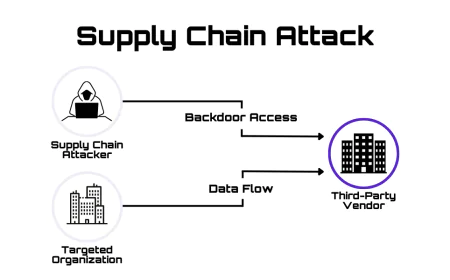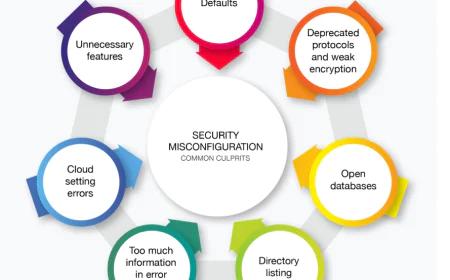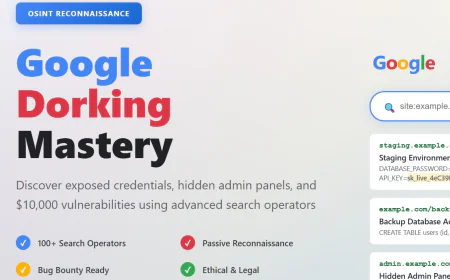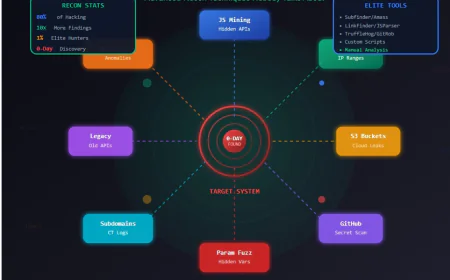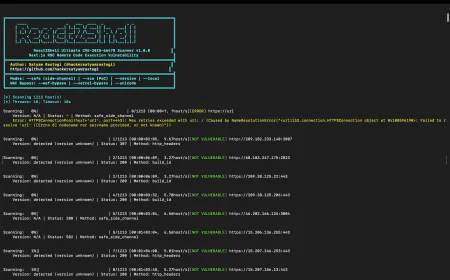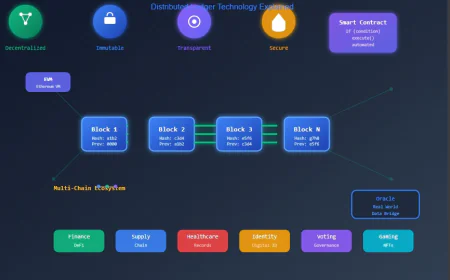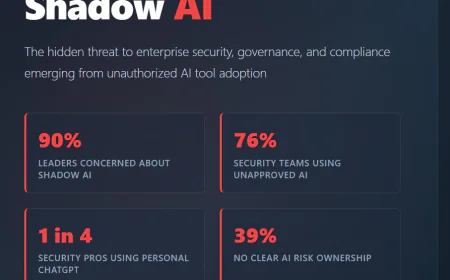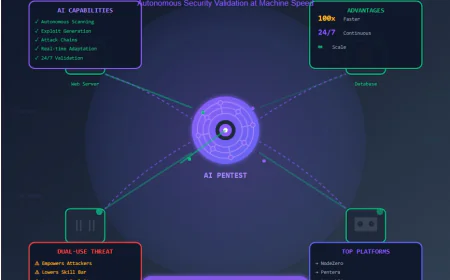Russian Hackers Target Polish Hospitals and Water Supply in 2025 Cyber Onslaught
Poland is facing a surge of cyberattacks from Russian-backed hackers, with hospitals and even city water supplies becoming prime targets. Authorities report 20–50 attack attempts every day, and while most are stopped, some have already disrupted healthcare services and compromised sensitive medical data. In one alarming case, hackers nearly shut off a major city’s water supply before being intercepted. Poland has now boosted its cybersecurity budget to €1 billion in 2025, dedicating special funds to protect critical infrastructure like water systems. The attacks highlight how fragile essential services are in the age of cyber warfare—and why strong defence strategies are no longer optional.

Introduction
Poland has become the latest frontline in the escalating cyber war between Russia and Europe. In 2025, Polish authorities confirmed a surge in cyberattacks targeting hospitals and city water supply systems. These attacks are not just about stolen data—they threaten lives and public safety. With 20 to 50 daily hacking attempts traced back to Russian-backed groups, Poland’s critical infrastructure is under constant digital siege.
Hospitals Under Attack
Healthcare systems across Poland have been hit hard. In several cases, hospital IT networks were infiltrated, forcing services to slow down or shut temporarily. Sensitive medical data was accessed by hackers, raising serious privacy and safety concerns.
Polish officials admitted that while 99% of attacks are blocked, the 1% that succeed can disrupt entire hospital operations—delaying surgeries, blocking access to patient records, and endangering care.
Water Supply at Risk
The most alarming incident came when hackers managed to breach the IT systems of a large city’s water supply infrastructure. They came dangerously close to shutting down the supply, which could have triggered a public health crisis. Authorities stopped the attack just in time, but the breach exposed how vulnerable essential services remain in the face of state-backed cyber aggression.
Poland’s Cybersecurity Response
Recognizing the scale of the threat, Poland has increased its cybersecurity budget:
- From €600 million in 2024 → to €1 billion in 2025.
- €80 million of that budget is specifically dedicated to securing water infrastructure.
This massive investment is aimed at strengthening digital defences, monitoring networks, and preparing incident response teams to handle attacks before they cause damage.
Why These Attacks Matter Globally
Poland is not an isolated case—it’s a warning to the world. Critical infrastructure like hospitals, water systems, power grids, and transport are prime cyberwarfare targets. A single breach can cause chaos far beyond financial losses: it can risk human lives and destabilize entire cities.
These attacks are a stark reminder that cybersecurity is now national security. Governments, enterprises, and even small organizations must prepare for the reality of state-sponsored hacking campaigns.
Lessons for Security & DevSecOps Teams
While Poland’s fight plays out on a national stage, organizations worldwide can take key lessons:
- Protect Critical Systems with Segmentation – Keep operational technology (OT) like water supply systems isolated from general IT networks.
- Adopt Zero Trust – Enforce strict authentication, MFA, and least-privilege access.
- Continuous Monitoring – Detect anomalies early with SIEM and AI-driven threat detection.
- Incident Response Drills – Run real-world exercises for ransomware, DDoS, and insider threats.
- Invest in Resilience – Have backup systems and manual overrides in case automated systems are compromised.
Conclusion
The Russian cyberattacks on Poland’s hospitals and water supply are more than just isolated incidents—they mark a dangerous new phase in cyber warfare where everyday citizens can be directly affected. As Poland fortifies its defenses with a billion-euro budget, other nations and organizations must learn from these events. The age of cyber resilience is here, and those who ignore it may find their most vital systems under attack.
